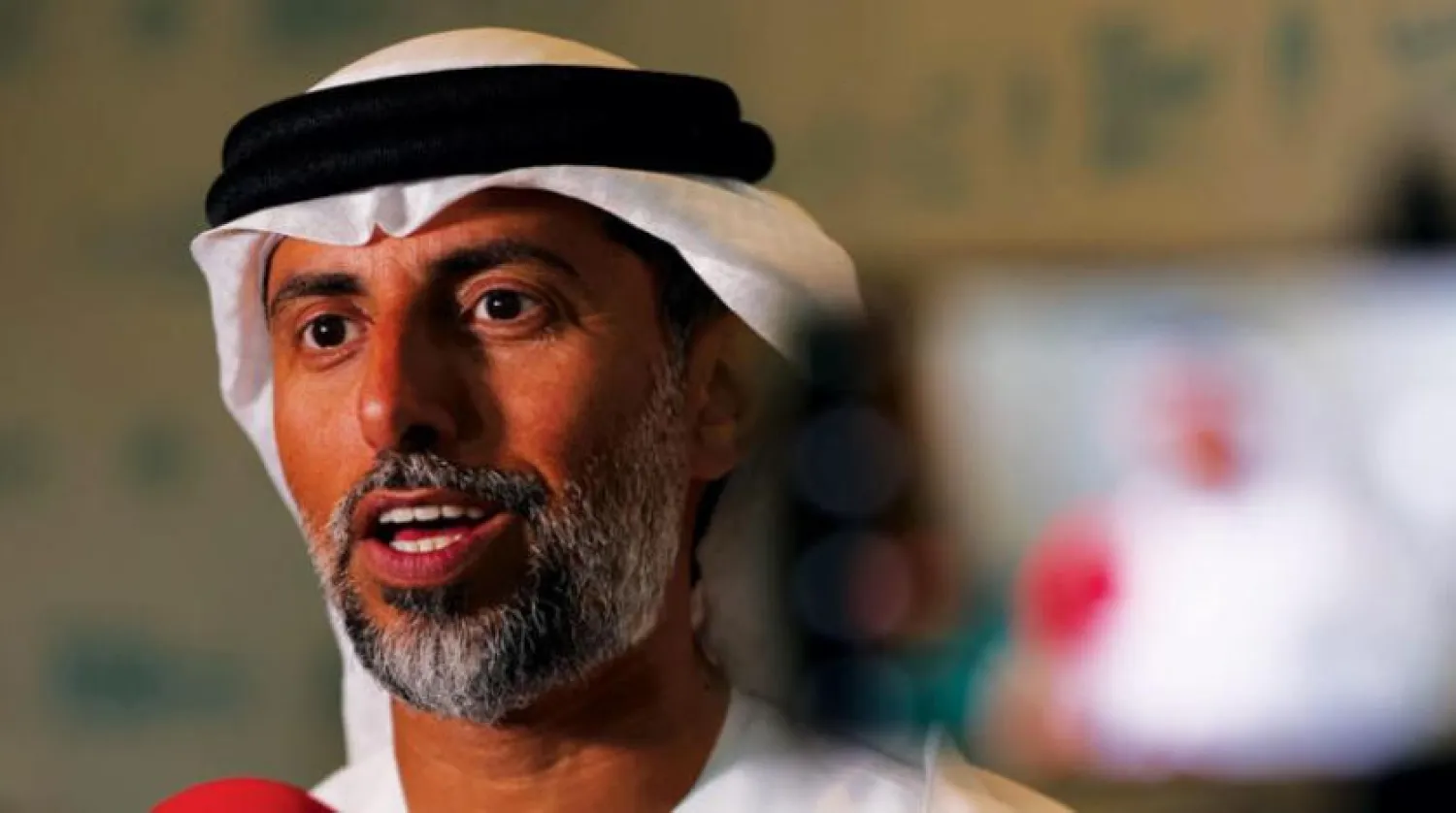There is no need for the OPEC+ group of oil-producing nations to meet earlier than scheduled, the United Arab Emirates energy minister said on Monday, following Russia's announcement last week that it would unilaterally cut output.
"I do not see a requirement for a meeting. The market is balanced," Suhail al-Mazrouei said when asked whether the Organization of the Petroleum Exporting Countries and allies would bring forward their next planned meeting.
Russia said on Friday it will cut oil production by 500,000 barrels per day (bpd) next month after the West imposed price caps on Russian oil and oil products.
OPEC+ agreed in October to cut oil production targets by 2 million bpd until the end of 2023.
An OPEC+ ministerial committee is set to meet in early April with a full ministerial meeting planned for June 4.
Brent oil prices settled over 2 percent higher on the Russian cut news on Friday and were trading broadly steady at $86.06 a barrel at 16.18 GMT on Monday.
Mazrouei said the agreement was "long term" for a reason and that they would only consider altering it if the group saw something "that would shake the market".
"We haven't seen that. The market is balanced and stable," he added.
When later asked what factors OPEC+ considered could shake the market, he cited the easing of COVID-19 restrictions in China and the state of the global economy.
"China is one of the important factors and it is a positive sign that [it] is coming back, and we're happy for that," Mazrouei said.
At the same time, he said people were attempting to use less oil "not because the prices are higher but because the whole economy is a little bit tight so people are conserving on everything".
Oil may resume its rally in 2023 as Chinese demand recovers and lack of investment limits growth in supply, OPEC officials told Reuters, with a growing number seeing a possible return to $100 a barrel.









